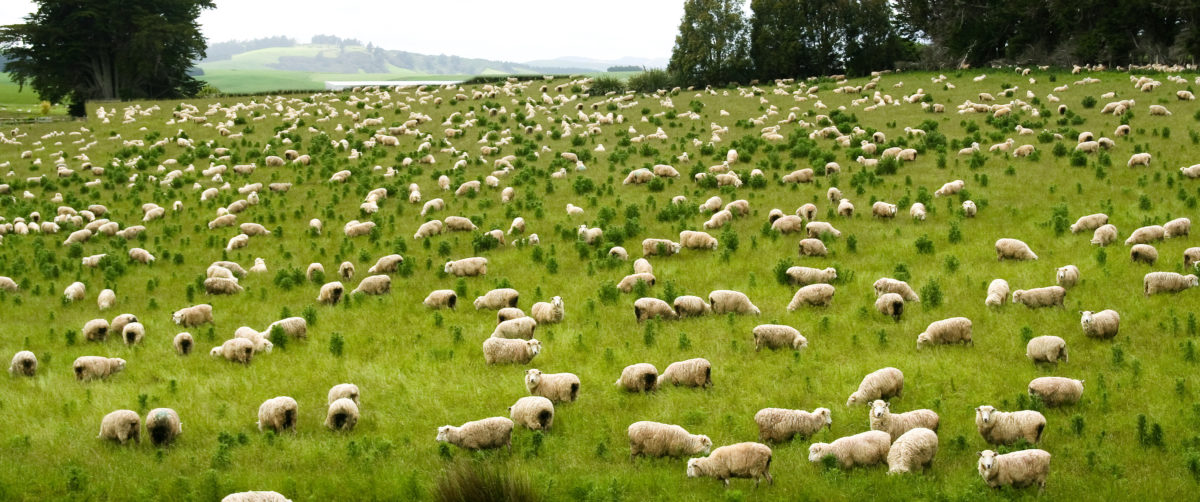Constantly feeding pregnant ewes the same type of food can cause stress and compromise animal production, health and welfare.
But a diverse diet is a boon during the lambing process, leading to reduced oxidative stress and healthier, “happier” lambs.
That’s the advice based on new research from Lincoln University’s Pastoral Livestock Production Lab, which explored whether offering dietary diversity to ewes in the final trimester of pregnancy would reduce oxidative stress for both the mother and offspring.
A reduction in stress was indicated and ewes eating functionally diverse diets also birthed heavier lambs that had lower cortisol levels. The project is the first to detect maternal and foetal stress by examining the cortisol concentration and antioxidant levels of lamb’s wool in utero.
The findings suggest moving away from a typical monotonous menu for lambing ewes and peppering their diet with foods like chicory, plantain, red clover and lucerne, as well as other plants.
According to Livestock Production Professor Pablo Gregorini, whose former PhD student, Konagh Garrett, conducted the study, the hormonal and metabolic changes of pregnancy can increase nutritional demands and strain. Certain diets then exacerbate the issue, especially as animals transition from non-lactating to lactating.
“Maternal nutrition in late gestation also influences lamb birth weight and the stress experienced by lambs in utero,” he said.
“Our findings have significant implications, as farmers can enhance animal wellbeing using simple dietary measures and adding further value to New Zealand pasture-based animal products, because the animals would be ‘happy’ from the get-go.”
It was clear that feeding lambing ewes a wider variety of foods would enhance both animal welfare and production, Professor Gregorini said.
Source: Lincoln University












